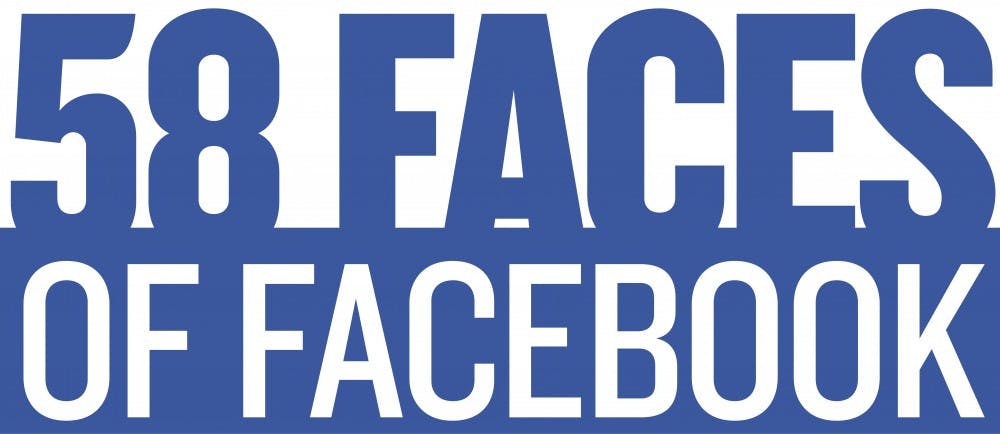Facebook collaborated with Network of Support, a group of lesbian, gay, bisexual, transgender and queer advocacy organizations, to come up with a list of gender identities. Users also can choose to be referred to as “they” instead of “he” or “she” and control which individual users can see their chosen gender.
“When you come to Facebook to connect with the people, causes and organizations you care about, we want you to feel comfortable being your true, authentic self,” the company wrote in a statement.
Dalton Cromer, public relations director for Spectrum, Ball State’s LGBTQ and ally group on campus, said he thought it was a good idea for Facebook to recognize that not all people fit into traditional stereotypes of masculinity or femininity.
Cromer said he has a lot of friends who are genderfluid, which is a gender that varies across the spectrum, and genderqueer, which sees gender as non-binary and doesn’t conform to gender stereotypes. His friends said they liked having the option to express who they really are.
“I think it’d be beneficial for people to know, that instead of saying like, ‘Not sure yet,’ you can see what they really are so you know how you should address them,” he said.
Perry Halkitis, a psychology professor at NYU Steinhardt, said it is important to acknowledge someone’s gender, just as people should acknowledge all other parts of a person’s identity.
“When we do not acknowledge a person’s being, we’re basically discriminating against that person,” Halkitis said. “And [that creates] emotional burdens in that person’s life that are compromising the well-being of that person.”
When people face discrimination, Halkitis said it affects their emotional and social well-being as well as their health.
“If we have the potential to diminish their self-esteem, we have the potential to affect their self-worth and to negatively affect how they’re feeling about themselves,” Halkitis said.
However, junior telecommunications major Natalie Roman said people have told her they don’t want to change their gender on Facebook because it could out them.
Roman chose to change the gender option on Facebook because it allowed for a more accurate definition.
“To me, it allows me to choose something different than what I normally would have had,” Roman said. “Now, I can choose things like transfeminine or androgyne and those words. While they still indicate female and use female pronouns, they still define me a little bit better.”
Roman said a lot of social networking sites, like Twitter, are already gender neutral. Facebook, however, uses pronouns to try to personalize the user’s experience.
“Facebook has a really large impact on the way we behave; it’s obviously one of the most popular websites and it brings friends together and helps influence other people’s perceptions of one another,” Roman said.
The change signals that society is becoming more aware of gender, said Joel Baum, director of education and training for Gender Spectrum, a national group dedicated to educating people about gender identity and expression.
Last August, a bill was passed in California to make it illegal for K-12 schools to discriminate based on gender preference and to allow students to use the bathroom for the gender with which they identify and play on sports teams based on their personal view of their gender, not their biological sex.
Baum said he thinks there will be more bills like this in the future.
“I think there will be more recognition in various forms [of gender] we encounter,” Baum said. “In the kind of facilities that we find, there’s going to be a real relaxing about these lines that have really kept a lot of people kind of excluded.”
In 2013, Sweden added a new pronoun, “hen,” to its language for people who don’t want to identify as male or female.
Baum said at Gender Spectrum, they believe work around gender isn’t just LGBTQ work, but it relates to everyone.
“Every one of us is impacted by gender and we all could use a little more room to operate, even if we happen to be typically gendered in our biology and our identity,” Baum said. “But maybe as a boy, you like softer things and as a girl, you maybe like slightly rougher things that are non-traditional.”






